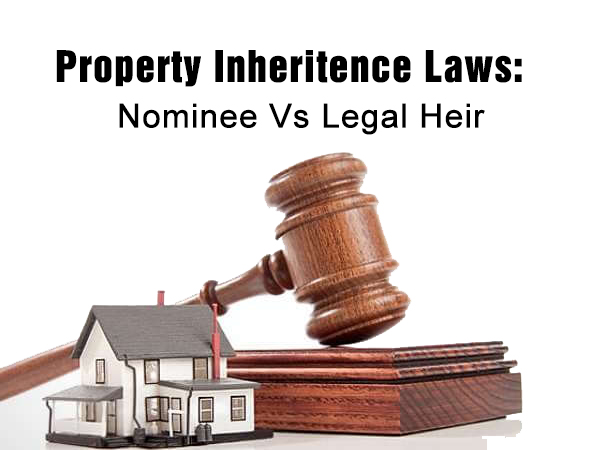Legal Heirs’ Rights In Property:
In India, legal heirs have certain rights in a property of a deceased person. These rights may differ depending on the religion of the deceased person and the laws governing inheritance that apply in their case. Here is a brief overview of the legal heirs’ rights in property in India: Hindu Succession Act: According to the Hindu Succession Act of 1956, the legal heirs of a Hindu person are entitled to a share in their ancestral property. The heirs include the spouse, children, grandchildren, and great-grandchildren of the deceased person. In the case of a male Hindu, the heirs have an equal right to the property, whereas in the case of a female Hindu, her rights depend on whether the property is ancestral or self-acquired. Muslim Law: According to Muslim law, a person’s property is distributed among their legal heirs based on the rules of Sharia. The heirs include the spouse, children, parents, and siblings of the deceased person. The distribution of property is based on the concept of ‘faraid’ or the Islamic law of inheritance, which takes into account the gender, relationship, and status of the heirs. Christian Law: According to Christian law, a person’s property is distributed among their legal heirs based on the Indian Succession Act of 1925. The heirs include the spouse, children, parents, and siblings of the deceased person. The distribution of property is based on the concept of ‘intestate succession,’ which means that if a person dies without leaving a will, their property is distributed among their legal heirs according to the rules set out in the Act. Parsi Law: According to Parsi law, a person’s property is distributed among their legal heirs based on the Parsi Intestate Succession Act of 1925. The heirs include the spouse, children, parents, and siblings of the deceased person. The distribution of property is based on the concept of ‘intestate succession,’ which means that if a person dies without leaving a will, their property is distributed among their legal heirs according to the rules set out in the Act. It is important to note that the legal heirs’ rights in property can be affected by various factors, such as the existence of a will, the nature of the property, and the existence of any disputes among the heirs. It is recommended to seek the advice of a legal expert in case of any confusion or disagreement among the heirs
Legal Heirs’ Rights In Property: Read More »
